Death Doulas: Who are, What do they do, Meaning
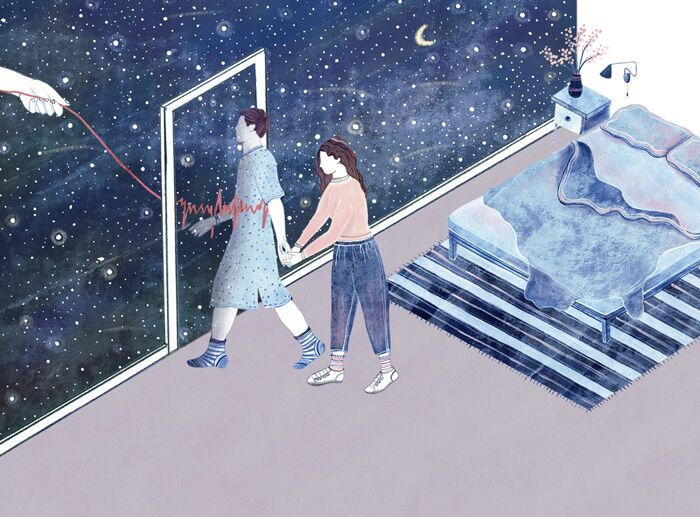 |
| Photo: Bust Magazine |
What is a Doula?
A doula, typically, is a professional who helps mothers during pregnancy and childbirth. Unlike midwives, doulas do not serve in a medical capacity; rather, their primary role is to provide emotional, physical and psychological support.
The practice originated in the natural childbirth movement in the US in the 1970s, alongside the Lamaze method and the popularity of alternatives to hospital birth, like water birth and home birth. That same generation of Americans who were having children in the 70s are now approaching their twilight years, and the practice of serving as a doula has expanded in scope. End-of-life doulas use the same concept as birth doulas: they provide support for the dying.
End-of-life doulas are sometimes called death doulas, though many have reservations about the term.
Although the word 'doula' originally had female connotations, people of any gender can become a death doula.
What does a death doula do?
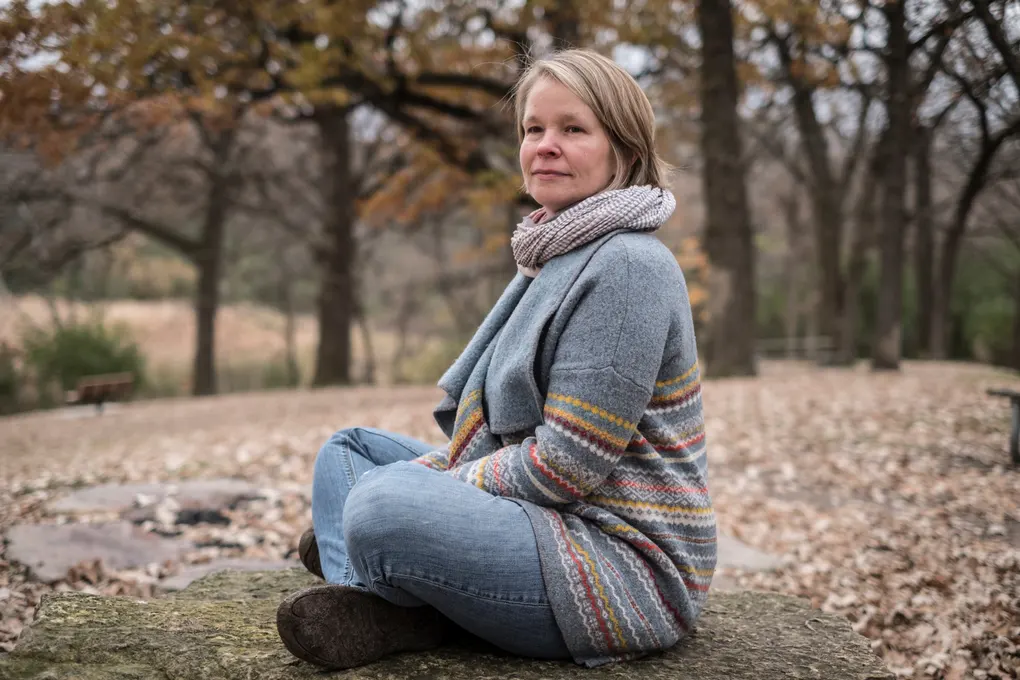 |
| Christy Marek is a certified end-of-life doula: she accompanies the dying and their families. Photograph: Nina Robinson/The Guardian |
The International End of Life Doula Association (Inelda) says death doulas 'help restore sacredness to dying, provide respite to exhausted caregivers, bring deep meaning to the dying experience, and prepare people for the last breaths of their loved one.' While End of Life Doula UK uses the term 'a friend in death' to summarise what being a death doula is all about.
Death doula duties can vary according to the needs of whoever they're supporting at the time. A death doula might focus on doing the practical tasks – such as dog walking or shopping – that allows the people close to the person who's dying to focus on spending quality time with them.
They might help with the rites and rituals around the person's death, such as making sure the correct cultural or religious observances are followed as they're dying, and that their body is treated is the right way after their death.
A big part of the death doula's role can be to listen to the person who's dying, and those close to them, offering non-judgemental, emotional and spiritual support. This might include helping with decision-making and supporting meaningful conversations around wishes and plans, as well as being someone to talk to.
“There’s so much fear and anxiety about death,” said Janie Rakow, the president of Inelda. “The doulas are there to calm everyone down. They work with the dying and their families to educate, to explain what’s happening. That what they’re seeing is part of the dying process.”
Doulas often also perform legacy work, the practice of guiding the dying to create tangible artifacts to leave behind for their loved ones. Sometimes, it’s a photo album, a collection of recipes, or a video archive. One of Rakow’s patients wrote a series of letters to her pregnant daughter’s unborn child, expressing her hopes and wishes for a granddaughter she knew she would never meet.
As death approaches, doulas are tasked with maintaining a sense of calm for the dying and those around them.
Many death doulas are flexible and support people with a variety of spiritual beliefs – whether religious or otherwise. They may work alongside faith leaders (such as a person's priest, imam or rabbi) so that the individual gets the range of support they want and need.
Some doulas work specifically within communities of a particular faith, for example Sydney-based Mariam Ardati works with the Muslim community.
Why do people choose to have a death doula?
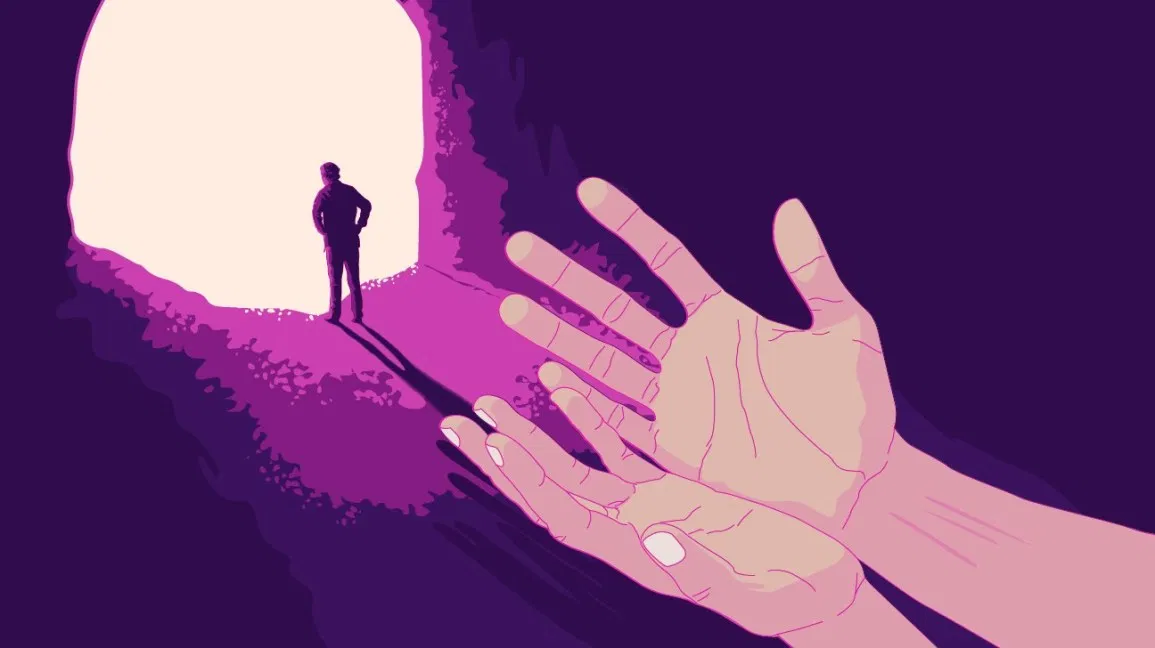 |
| Illustrative photo |
For many, death doulas offer an extra element of support which means they believe they're more likely to have a more positive end of life experience than they would do without that extra help.
How someone experiences the end of their life has huge significance, both for them and for those close to them. When someone feels supported, pain-free, and able to express any final worries and wishes at the end of life, this can help bring peace to the dying process. For the people around them, this can bring comfort, and may help with their grief.
When someone doesn't get the right support at the end of their life, it can be very distressing for them and the people they leave behind. In some cases, causing complicated grief that can last a lifetime.
Why do people become death doulas?
For many, becoming a death doula can be a personal calling. Some people will have been influenced or inspired by events in their own lives to train as a death doula, in order to support others to have better deaths. Others will be drawn to the caring, spiritual or supportive elements of the role.
Certification
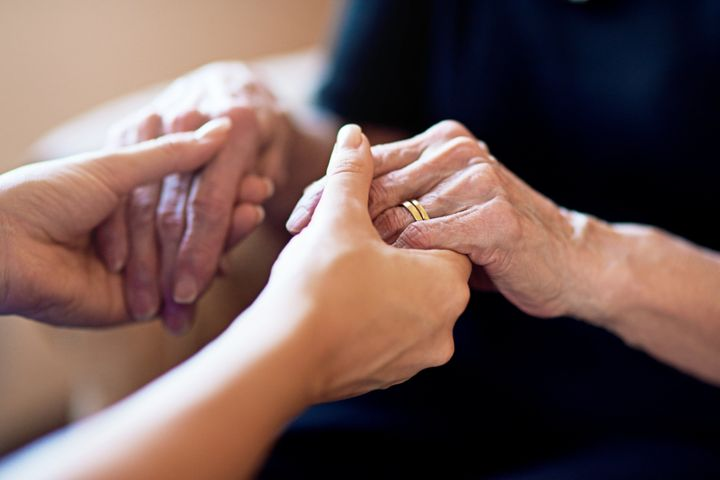 |
| Photo: Huffpost |
There are many private organizations that offer education or certification programs, including the non-profit A Sacred Passing, the funeral home Sacred Crossings, Beyond Hospice, Earth Traditions, non-profit (for profit) INELDA, the International End of Life Doula Association, and Quality of Life Care. The International End of Life Doula Association (INELDA) was founded in 2015. Their mission statement says they are "dedicated to bringing deeper meaning and greater comfort to dying people and loved ones in the last days of life". They emphasize the need for a doula certification process to create a standard for the field. Anyone can become a death doula and training opportunities are offered internationally. The steps included for certification include hands-on work in the field with evaluations and exams to display sufficient knowledge.
Certification is not available in traditional educational environments; it usually is offered in shorter, paid training sessions. However, since there is no centralized organization for death doulas the training involved often varies by location causing inconsistencies within the role. The Doula Program in New York is a volunteer organization that focuses on the relationship between the doula and the dying. Instead of certification, volunteers submit an application in a pool of around 300, and around 12 are admitted each cycle.
Public certification programs associated with hospitals and more closely tied with clinical care are restricted to a few pilot programs. These often involve training spanning multiple weeks similarly to the private programs, however, they are often more related to palliative care and putting the terminally ill patient in a more comfortable situation through clinical means and mental health counseling rather than focusing so much on the spiritual and emotional support aspect. These programs include Baylor University Medical Center's Support and Palliative Care Service's Doula to Accompany and Comfort Program, as well as New York University Medical Center's Department of Social Services nonsectarian volunteer doula program.
***READ MORE: Who is Claudia Conway- Bio, Singing Career, her White House’s Adviser Mother
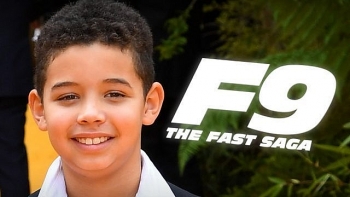 Who is Vincent Sinclair- to cast for Fast and Furious? Who is Vincent Sinclair- to cast for Fast and Furious? Vin Diesel’s 10-year-old son, Vincent Sinclair, will appear in “Fast & Furious 9” as the younger version of Diesel’s character, Dominic Toretto. Check out this ... |
 Who is Katherine Diaz Surfer: Bio, Olympic-Lead Career, Why She’s Dead? Who is Katherine Diaz Surfer: Bio, Olympic-Lead Career, Why She’s Dead? Katherine Diaz, 22, who is an Olympic surfer hopeful has unfortunately passed away. Let’s rewind about her shining sports career and other information around her ... |
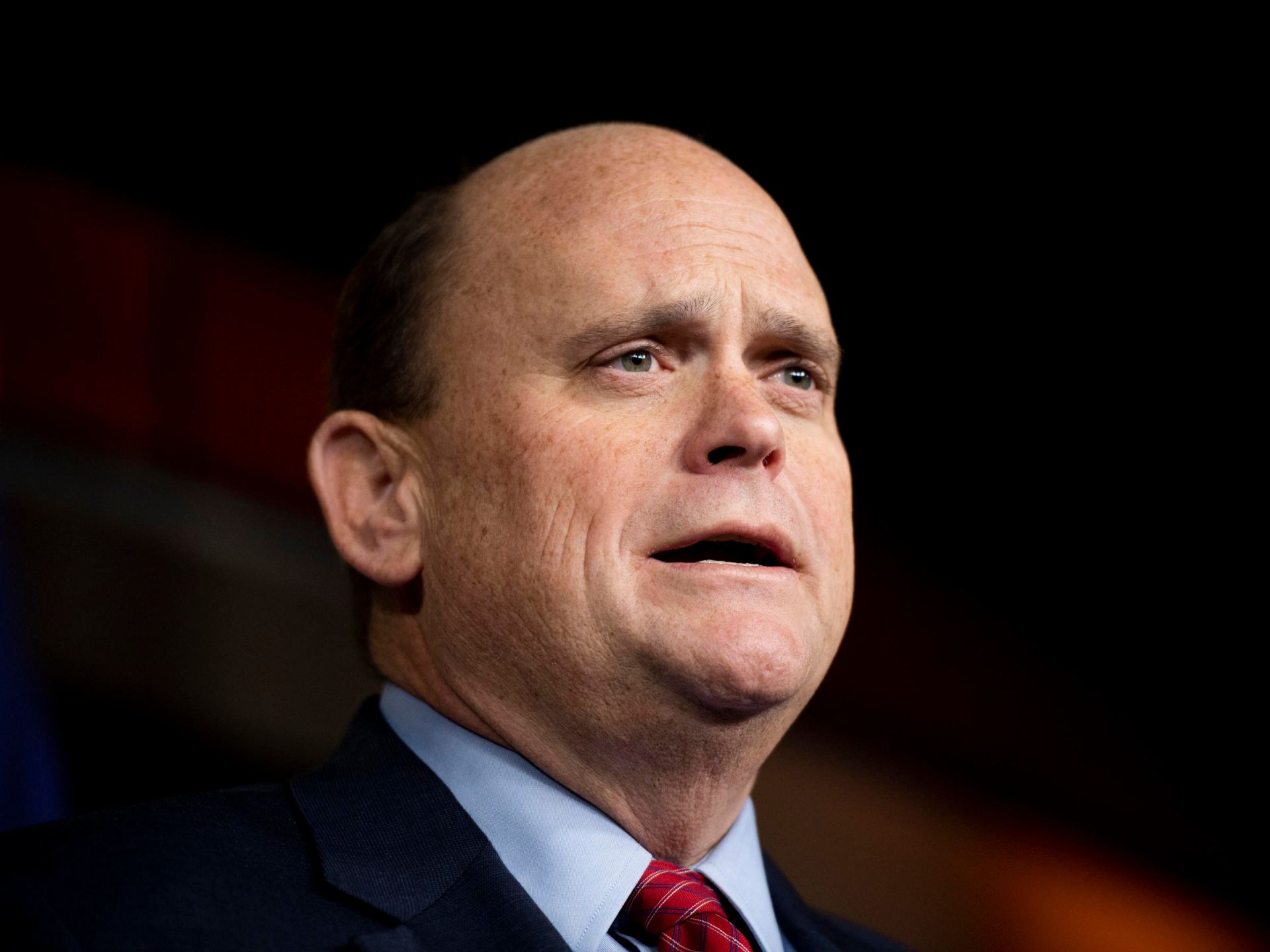 Who is Tom Reed GOP: Bio, Career, Rep with Sexual Allegations Who is Tom Reed GOP: Bio, Career, Rep with Sexual Allegations U.S Rep., Tom Reed, who was accused of sexual harrasments in the past, has apologized in his latest announcement and would take full responsibility over ... |























